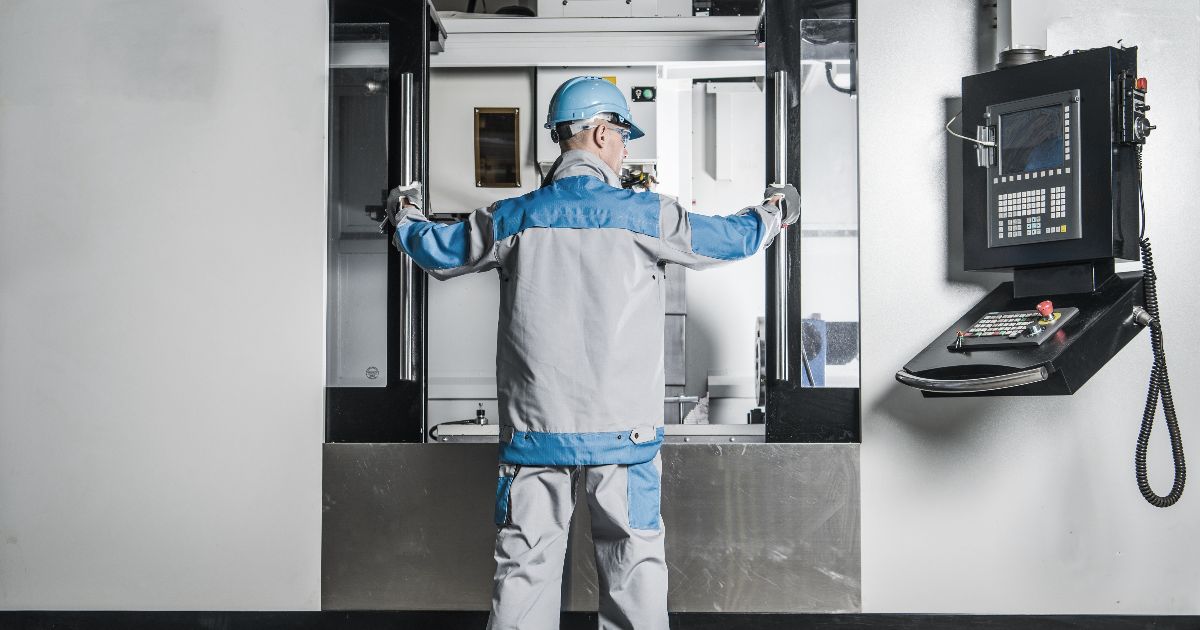
Your elevator needs maintenance to stay safe and work right. But there are two ways to handle it. Some building owners wait until the elevator breaks down, then call someone to fix it. That’s reactive repair; you react after something goes wrong.
Other owners set up regular checkups to catch problems early before anything breaks. That’s preventive repair; you prevent issues before they happen. Think of it like going to the dentist for cleanings versus waiting until you have a toothache.
So which elevator repair is better for your building? We’re going to break down how these two approaches work, why one saves you a lot more money, and how the right choice keeps your elevator running all year without headaches.
What Are Preventive Elevator Repairs?
Preventive repairs mean taking care of your elevator before something goes wrong. It’s like going to the doctor for a checkup instead of waiting until you’re sick.
Elevator technicians visit on a schedule, often monthly, to inspect parts, clean equipment, and test safety systems. They replace worn items before they fail.
Benefits of preventive elevator repairs:
- Fewer sudden breakdowns
- Safer, smoother rides
- Lower long-term repair costs
- Longer elevator lifespan
Regular checkups help stop rust, electrical problems, and damage from daily use in humid weather.
What Are Reactive Elevator Repairs?
Reactive repairs happen after something breaks. It’s the “fix it when it fails” approach.
While it may seem cheaper at first, this method often ends up costing more over time. Breakdowns can lead to long wait times, safety risks, and unhappy tenants.
Common problems that lead to reactive repairs:
- Burned-out motors
- Broken door sensors
- Worn-out cables
- Faulty control boards
Each emergency repair can be expensive and may cause your elevator to be out of service for days; in busy buildings, that can quickly create frustration for everyone.
Why Preventive Repairs Save You Money
Many owners think they’ll save money by waiting until something breaks. But that’s not true. Preventive maintenance helps catch small problems before they turn into major repairs.
For example:
- Replacing a worn belt early might cost $200.
- Waiting until it snaps could cost thousands in damage and downtime.
Preventive service also reduces emergency calls, which are usually charged at higher rates. Over time, regular checkups save thousands of dollars and keep tenants happy.
Safety and Reliability Come First
Elevator safety is not something to ignore. Miami’s building codes require elevators to meet strict safety standards. Preventive repairs help you stay compliant and protect everyone who uses your building.
Preventive repairs check for:
- Proper door operation
- Smooth leveling between floors
- Working emergency lights and alarms
- Secure wiring and connections
When you wait for a breakdown, you risk trapping passengers or facing safety fines. Regular service keeps your elevator reliable and your building protected.
How Miami’s Climate Affects Elevators
Miami’s weather can be tough on elevator equipment. The salty air, moisture, and heat speed up corrosion and wear. Electrical parts and metal components need extra care.
Preventive maintenance includes cleaning, drying, and inspecting parts that react to humidity. This helps prevent rust and electrical shorts, problems common in coastal buildings.
Reactive repairs don’t prevent this damage. They only fix it after it’s already caused problems.
Which Option Is Right for You?
If your building uses an elevator every day, preventive repairs are the smarter choice. They save money, reduce risk, and keep your equipment running longer.
Reactive repairs should be used only for unexpected issues, not as part of a regular maintenance plan.
Preventive repairs are best for:
- Apartment buildings
- Office towers
- Hotels
- Hospitals and senior homes
These properties rely on working elevators daily. A preventive plan keeps everything running without interruption.
Preventive Repairs Keep Miami Elevators Running Smoothly
Don’t wait for your elevator to break down before you do something about it. Preventive repairs keep your elevator safe, working smoothly, and actually save you money in the long run.
Yes, reactive repairs can fix things after they break, but why deal with angry tenants, emergency bills, and an out-of-order elevator when you don’t have to?
Miami’s humidity and constant elevator traffic make regular checkups even more important. Taking care of your elevator before problems pop up protects your building and keeps everyone happy.
Start scheduling regular maintenance now, and you’ll avoid those stressful breakdowns later.
